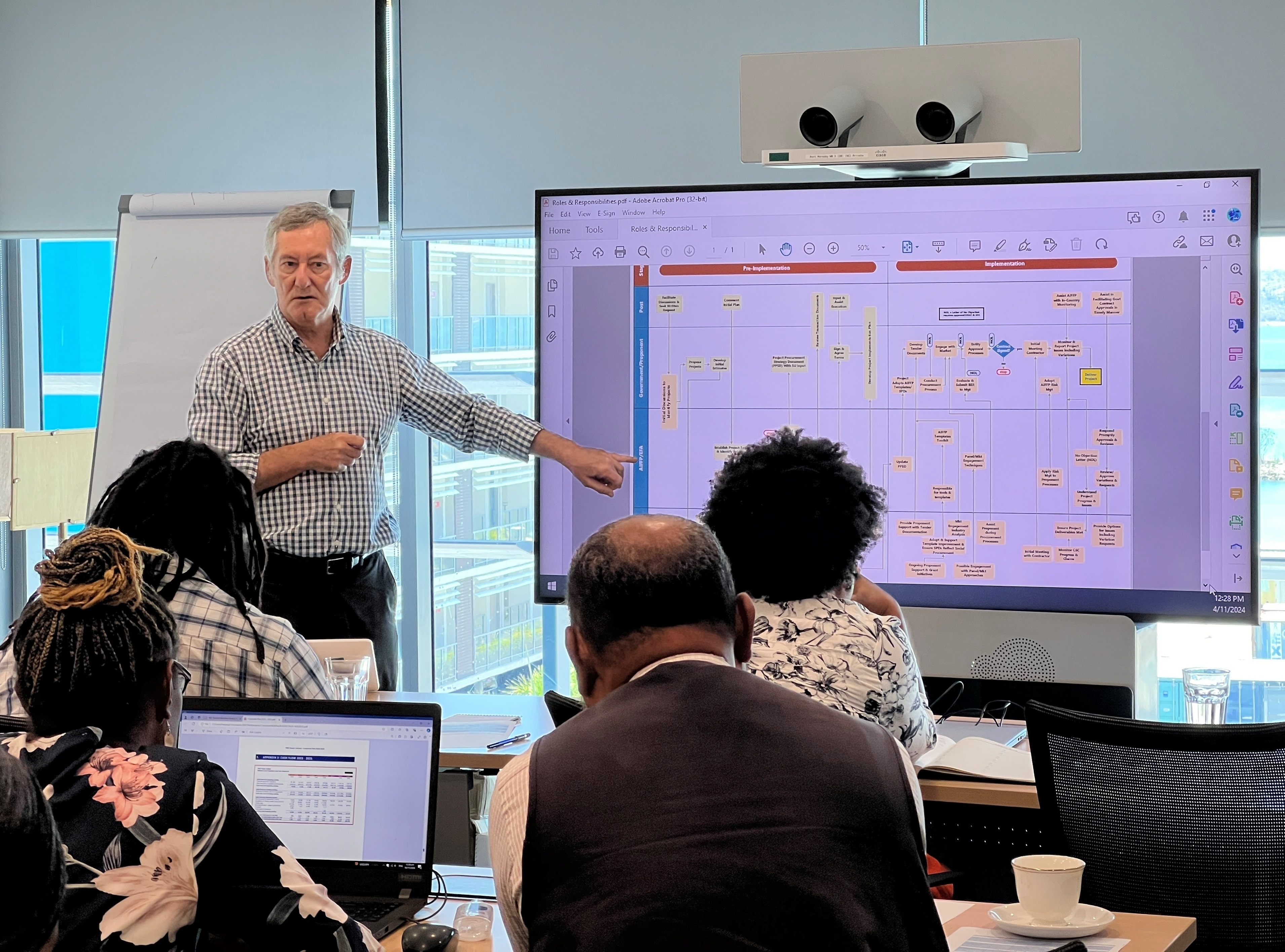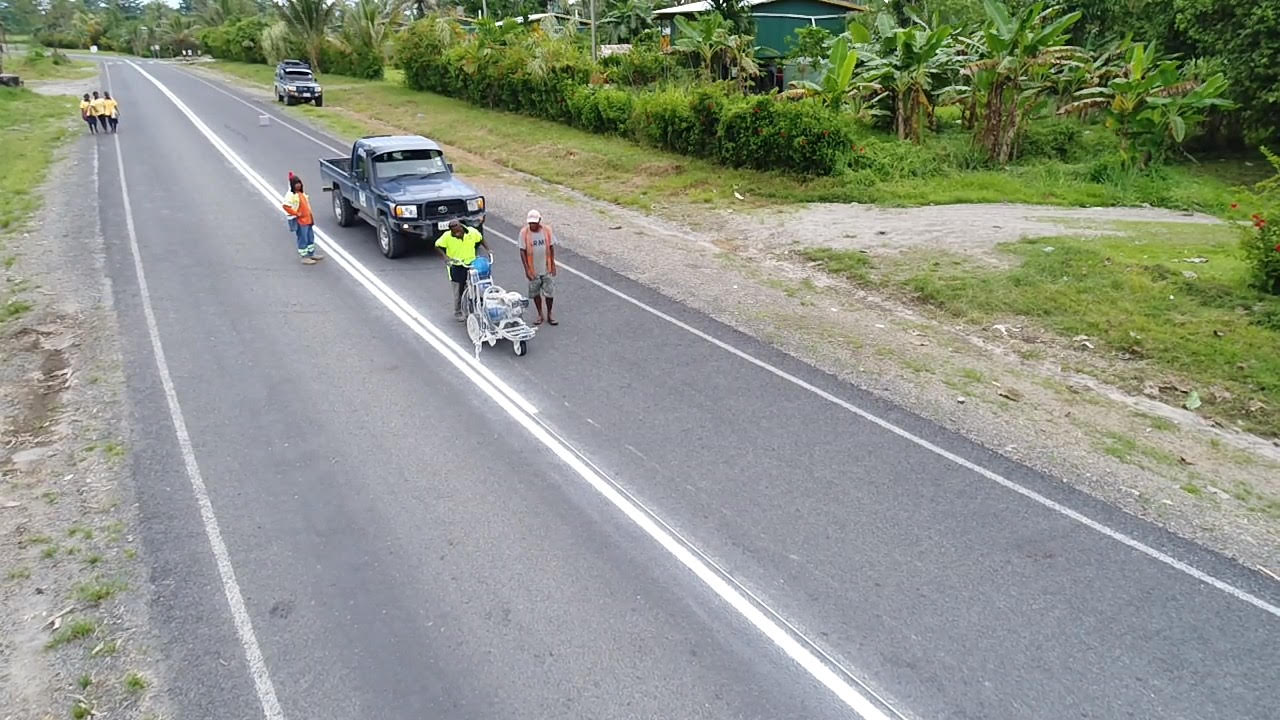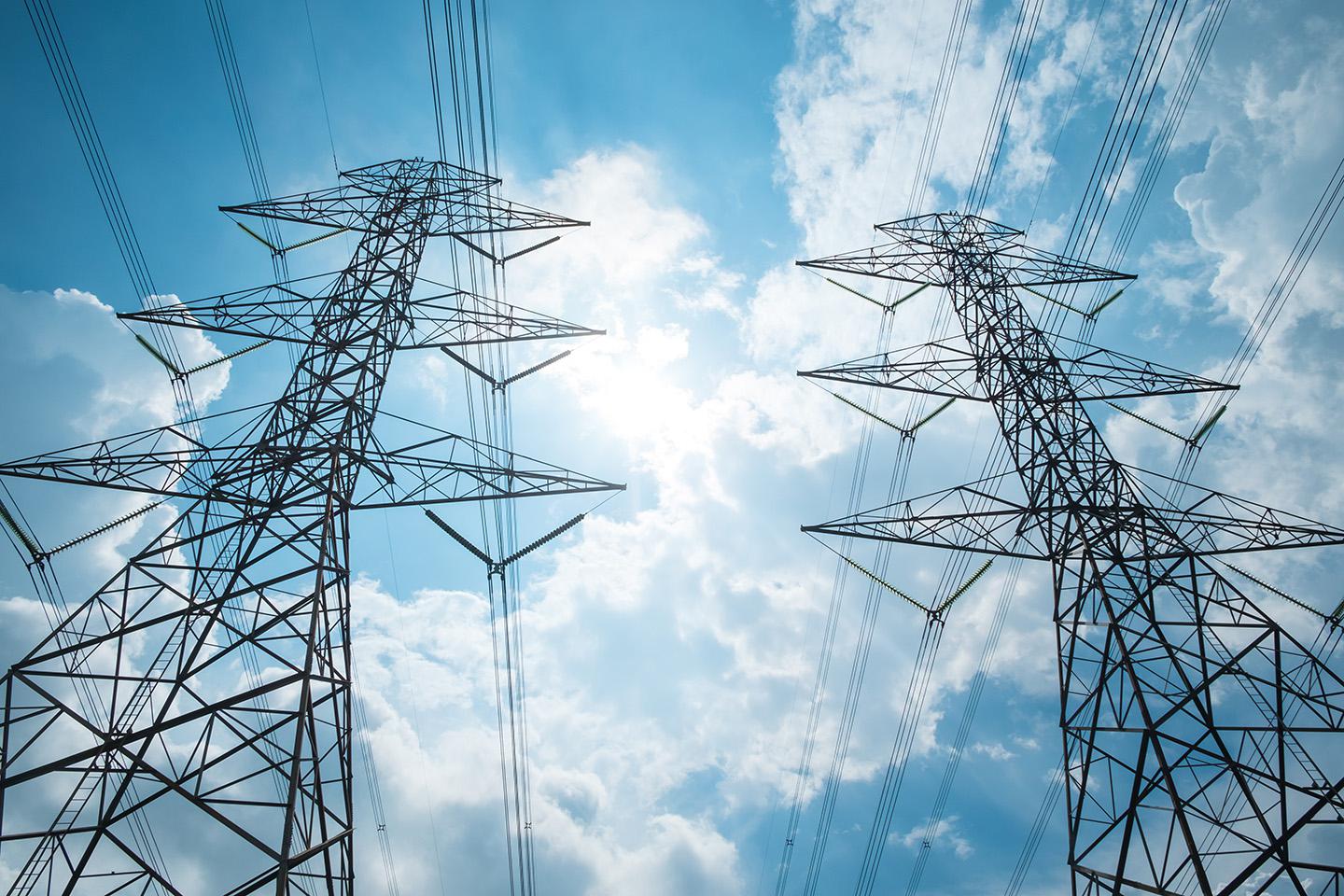We’re proud to support the Government of Papua New Guinea to increase access to affordable electricity.
With around 13 per cent of Papua New Guinea’s population having access to on-grid power, the project will provide support for medium and low voltage powerlines, transformers and household meter connections.
30,000 to 40,000
households, schools, and health clinics connected to electricity
25 per cent increase
in Papua New Guinea Power Ltd customers
Known in Tok Pisin as ‘Laitim Hauslain’, which translates to ‘bringing light/power to households/community’, the project will help to lift the living standards of communities in cities, towns, and remote villages and enable schools and hospitals to deliver essential services.
The project will connect an additional 30,000 to 40,000 households, schools and health clinics to the electricity grid for the first time, and is expected to increase Papua New Guinea Power Limited's existing customer base by approximately 25 per cent.
‘Laitim Hauslain’ is the Australian Government’s contribution to the Power Sector Development Project, which will be delivered jointly with the Asian Development Bank. The financing also forms part of Australia’s support to the Papua New Guinea Electrification Partnership, a key strategic collaboration between Papua New Guinea, Australia, New Zealand, the United States and Japan.
Our financing package includes a loan of AUD73.6 million and a grant of 18.3 million to the Government of Papua New Guinea.



